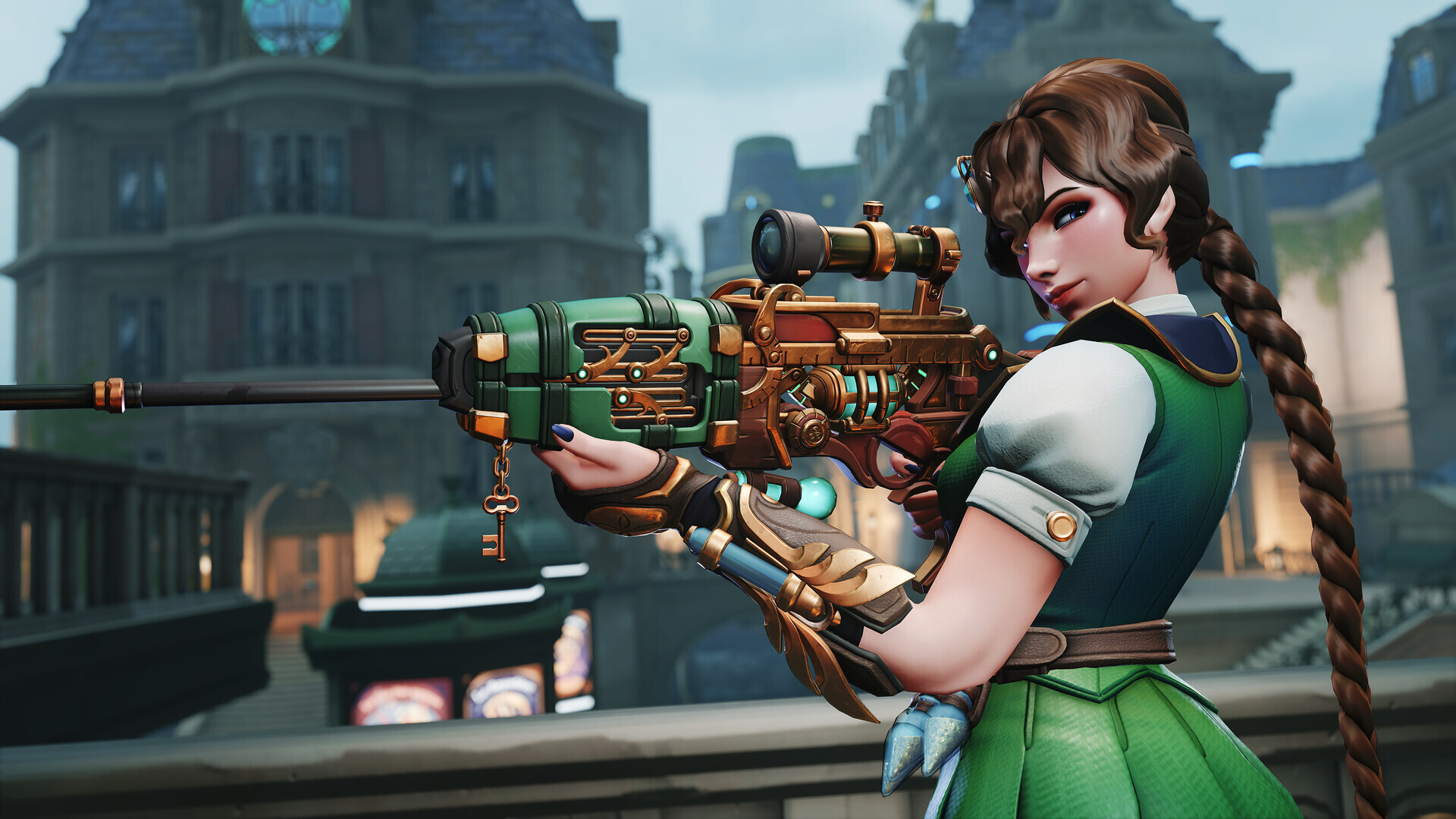From cult classics to blockbuster franchises, here are 15 overrated video games the internet just won’t stop talking about – and why it might be time to let them rest.
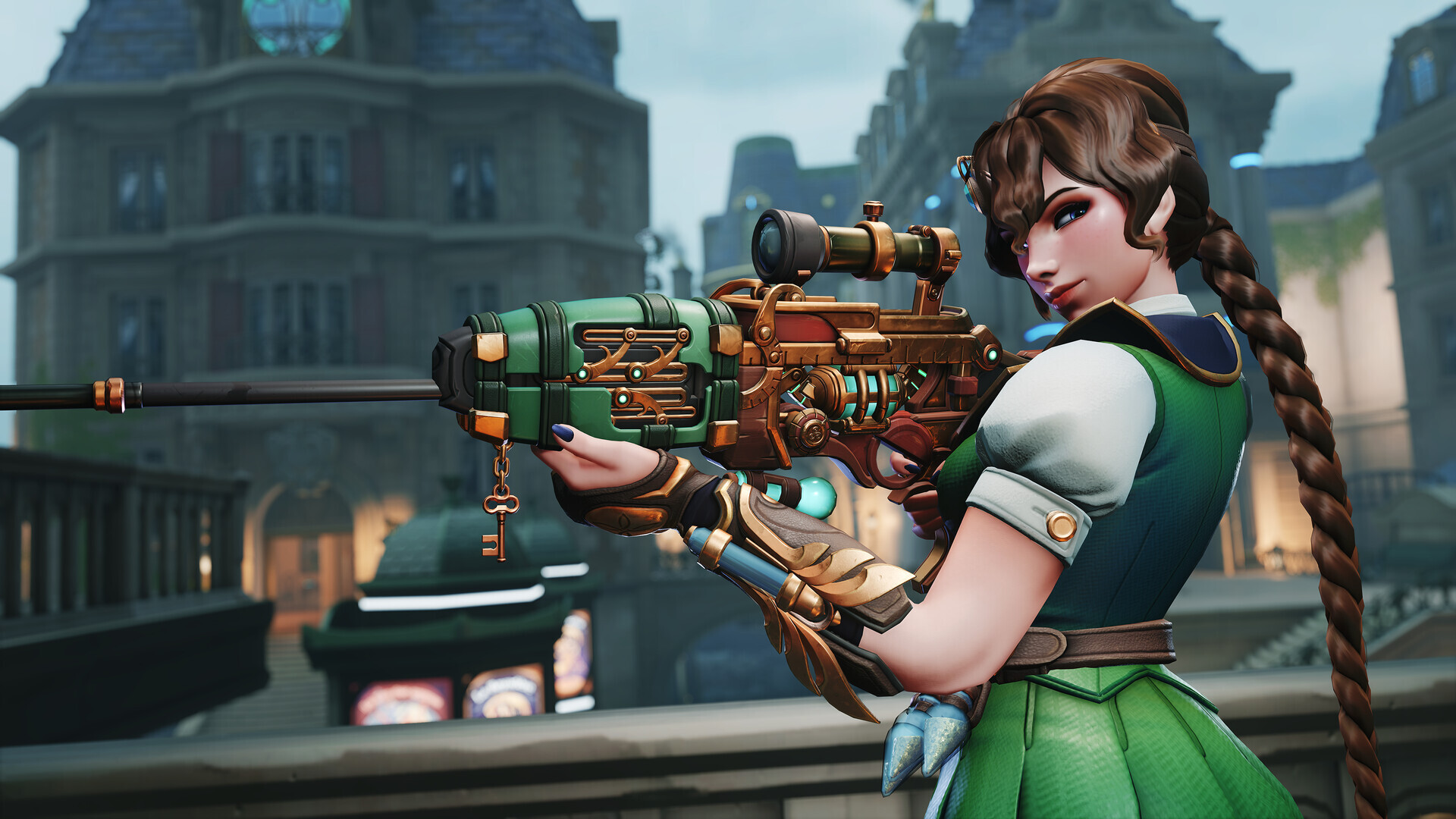
Let’s be honest – not every “masterpiece” deserves the nonstop praise it gets. Some games became legends thanks to hype, nostalgia, or sheer repetition, not because they were actually that groundbreaking. It’s time to admit that a few fan favorites might be running more on reputation than replay value.
That’s not to say these titles are bad – far from it. They just occupy way too much space in the cultural conversation, while more deserving gems sit quietly in the background. So, grab your controller (or don’t), because we’re diving into fifteen games that could really use a collective “let’s move on.”
15. Five Nights at Freddy’s (2014)
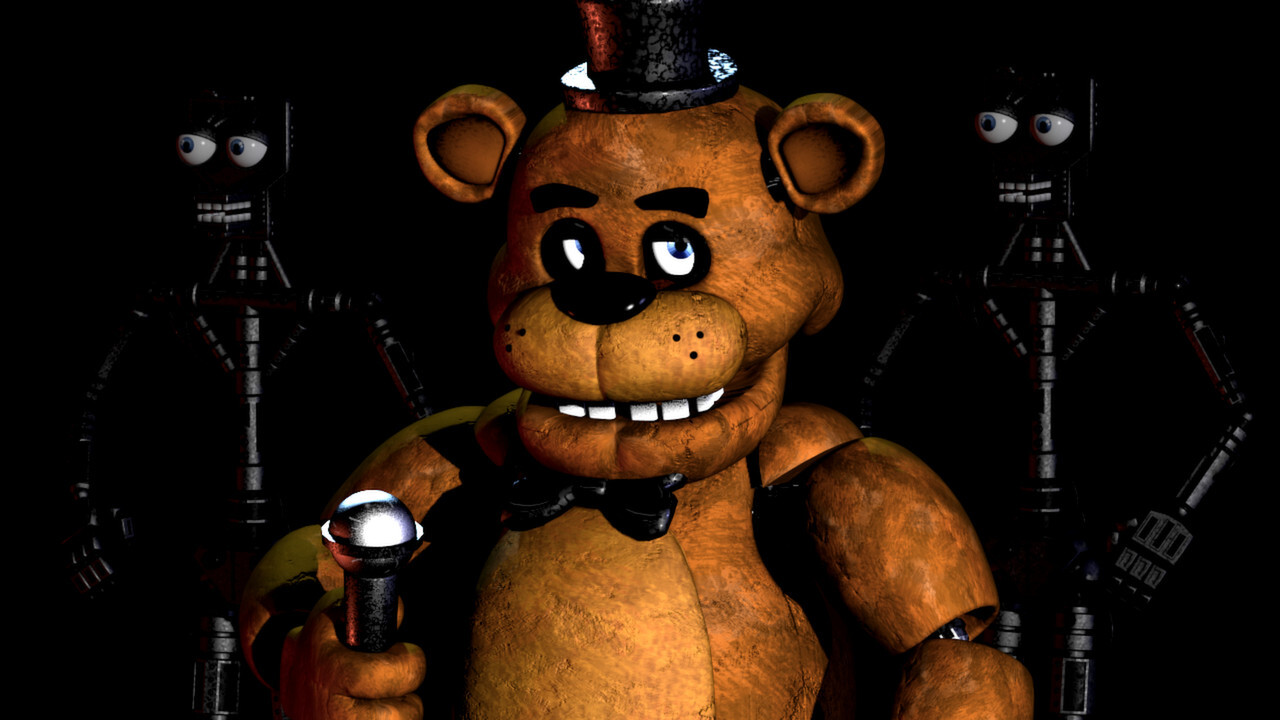
Jump scares are a cheap thrill, and Five Nights at Freddy’s built an entire empire out of them. Sure, the premise is clever – a night guard haunted by murderous animatronics – but it quickly devolves into repetition disguised as tension. Once you’ve learned the patterns, the fear fades, leaving behind little more than a clicking routine and a lore rabbit hole that’s somehow deeper than it deserves to be. The fandom turned it into a cultural event, but strip away the YouTube hype, and what’s left is a point-and-click stress simulator. Fun for a while, yes, but enduring art? Not quite.
14. Grand Theft Auto V (2013)
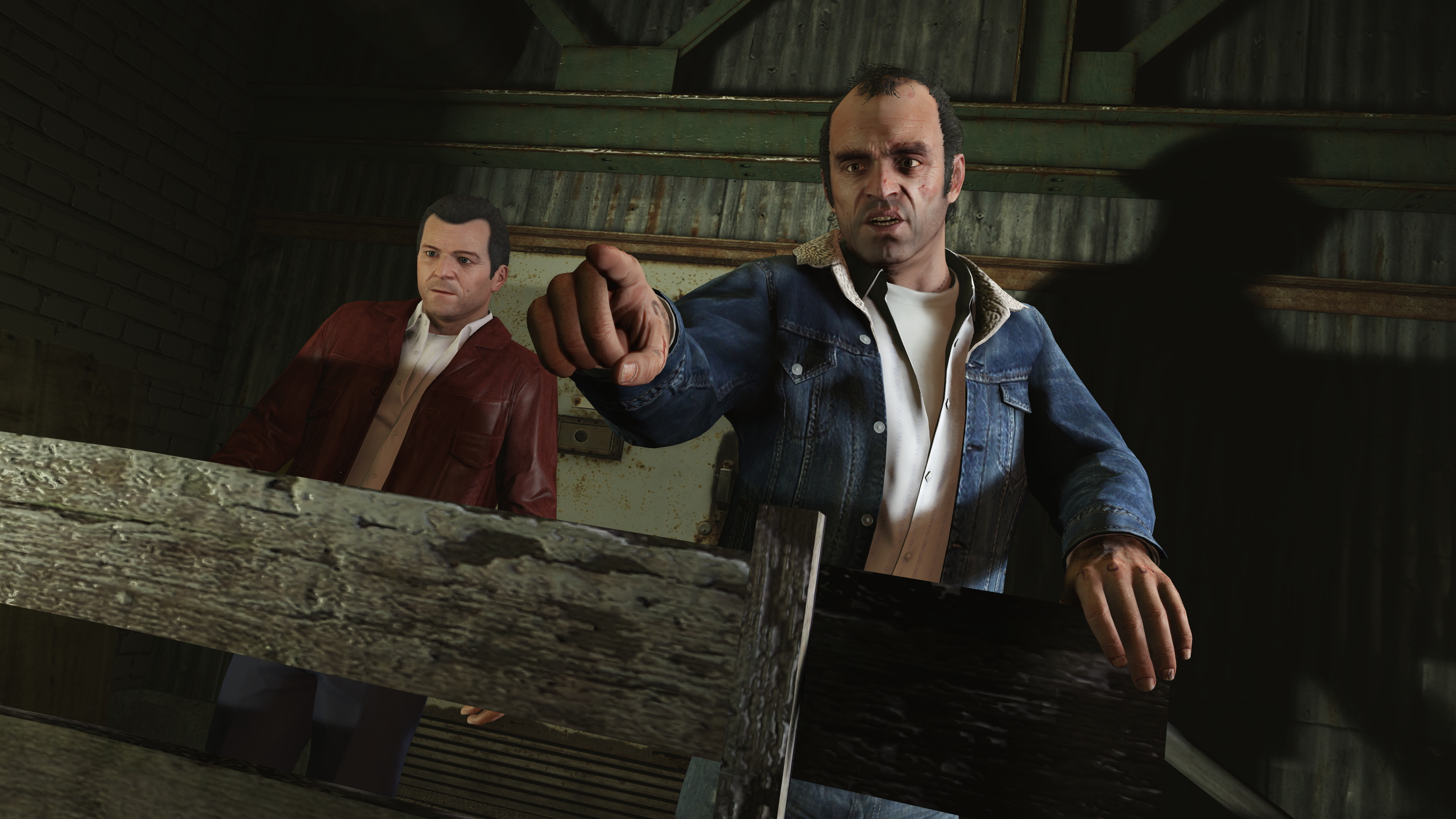
There’s no denying Grand Theft Auto V changed gaming forever, but at this point, it feels like Rockstar’s golden goose just won’t stop laying the same egg. The satire was sharp once, but the joke’s worn thin after a decade of re-releases and endless online updates. The open world is massive, but size doesn’t equal substance when every mission starts to feel like déjà vu. Online mode, meant to be revolutionary, morphed into a grindfest filled with microtransactions and chaos. It’s still impressive – but also exhausting, like a party that should’ve ended five years ago.
13. Half-Life 2 (2004)
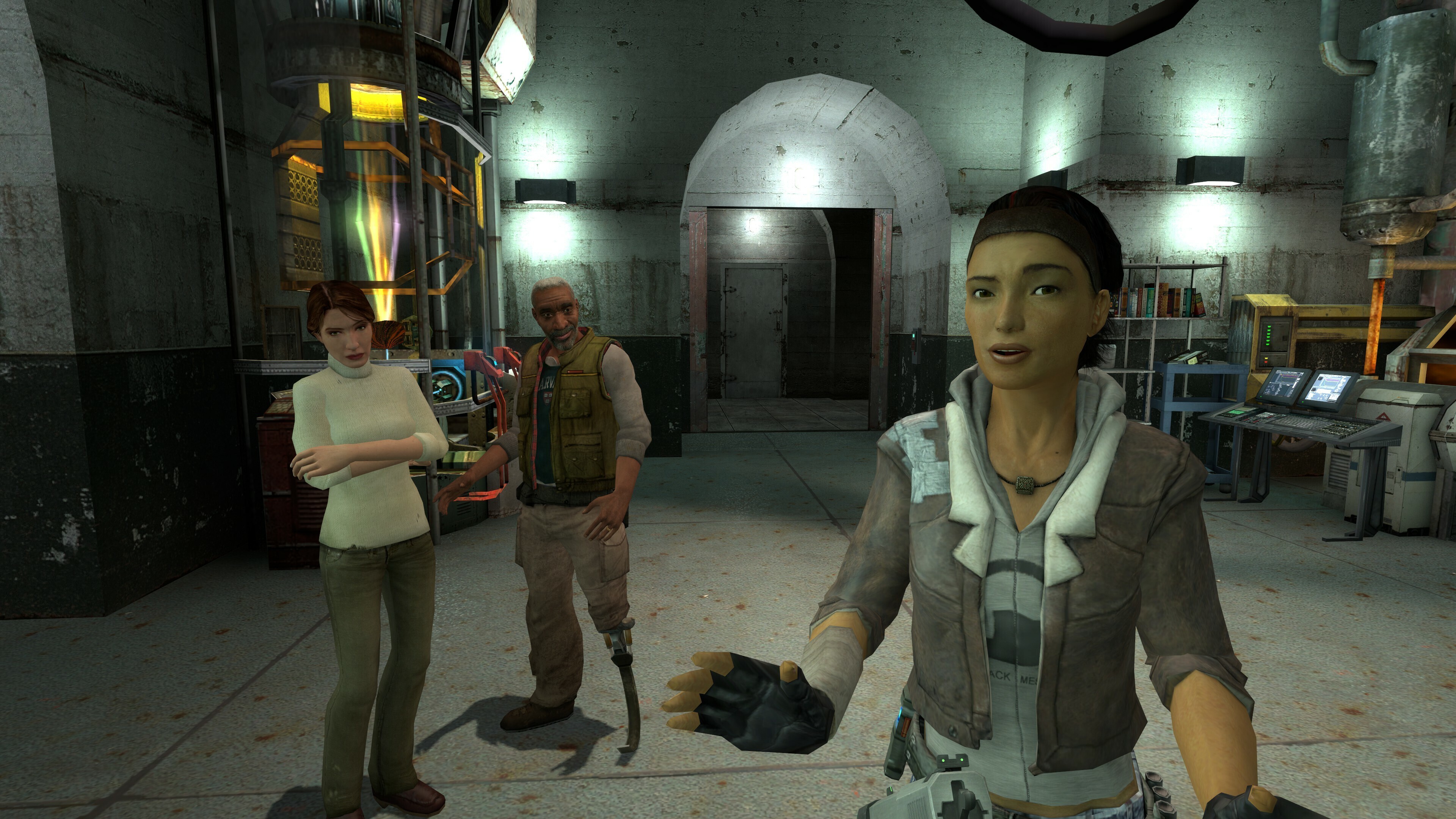
Yes, it was groundbreaking – back then. But Half-Life 2 is often treated like a sacred relic instead of what it really is: a very good shooter that’s aged awkwardly. The physics engine was mind-blowing at the time, yet modern players can’t help but feel the seams. The story’s pacing drags, and those vehicle sections? Pure patience tests. Fans keep chanting for Half-Life 3 as if it would cure world hunger, but maybe nostalgia’s doing most of the talking. The truth is, the industry evolved, and Gordon Freeman’s silent mystique just doesn’t hit like it used to.
12. BioShock Infinite (2013)
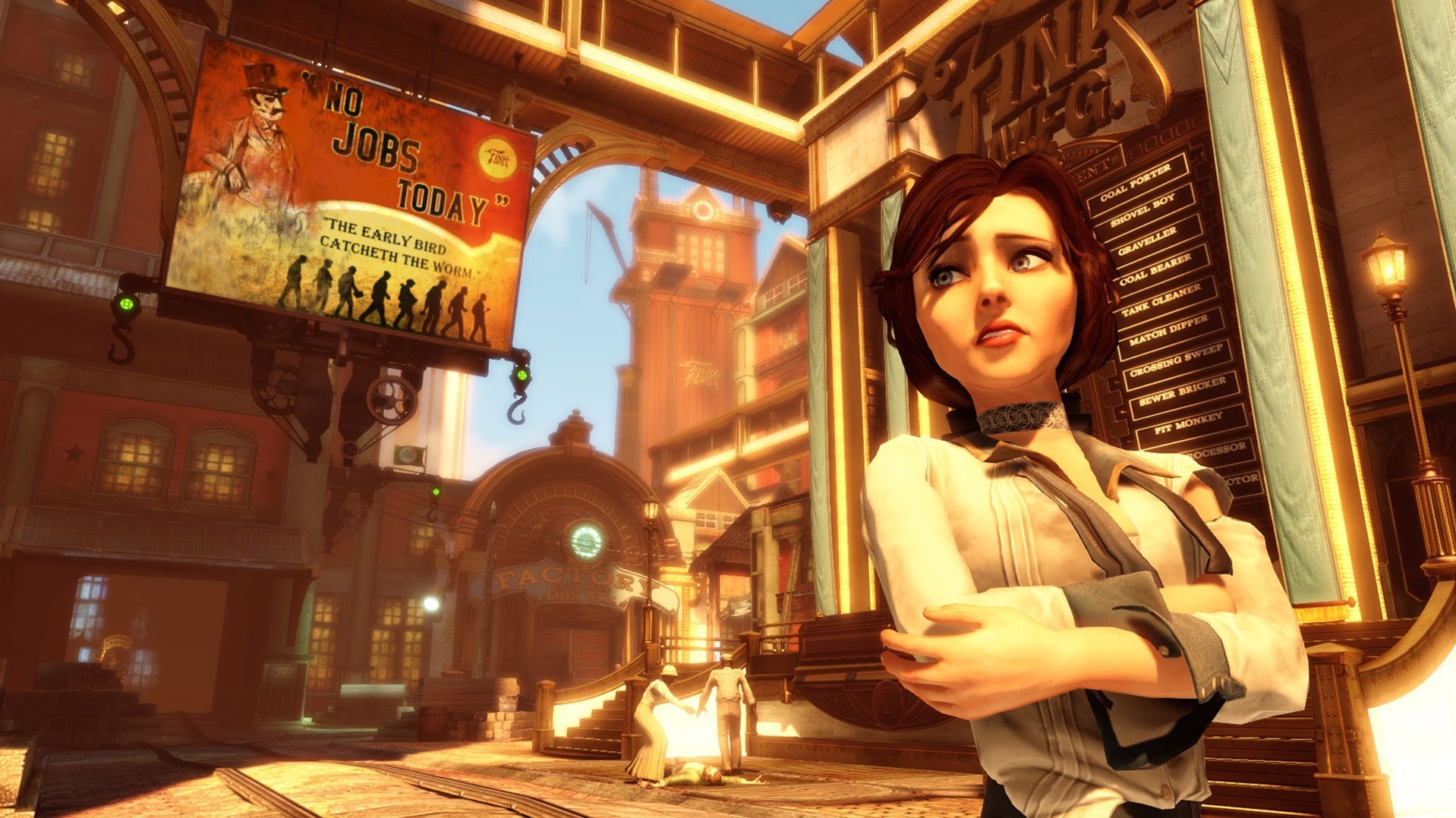
Stylish, ambitious, and full of metaphors that sound smarter than they are – BioShock Infinite is a prime example of art direction carrying a mediocre story. Columbia’s floating city is stunning, but underneath the spectacle lies a muddled plot that mistakes complexity for depth. The game wants to be a philosophical statement about choice and fate, yet ends up tying itself in paradoxes it can’t untangle. Combat feels more repetitive than revolutionary, and the emotional beats fall flat under all the self-importance. It’s a beautiful world built to impress, not to last.
11. Halo Games (2001–)
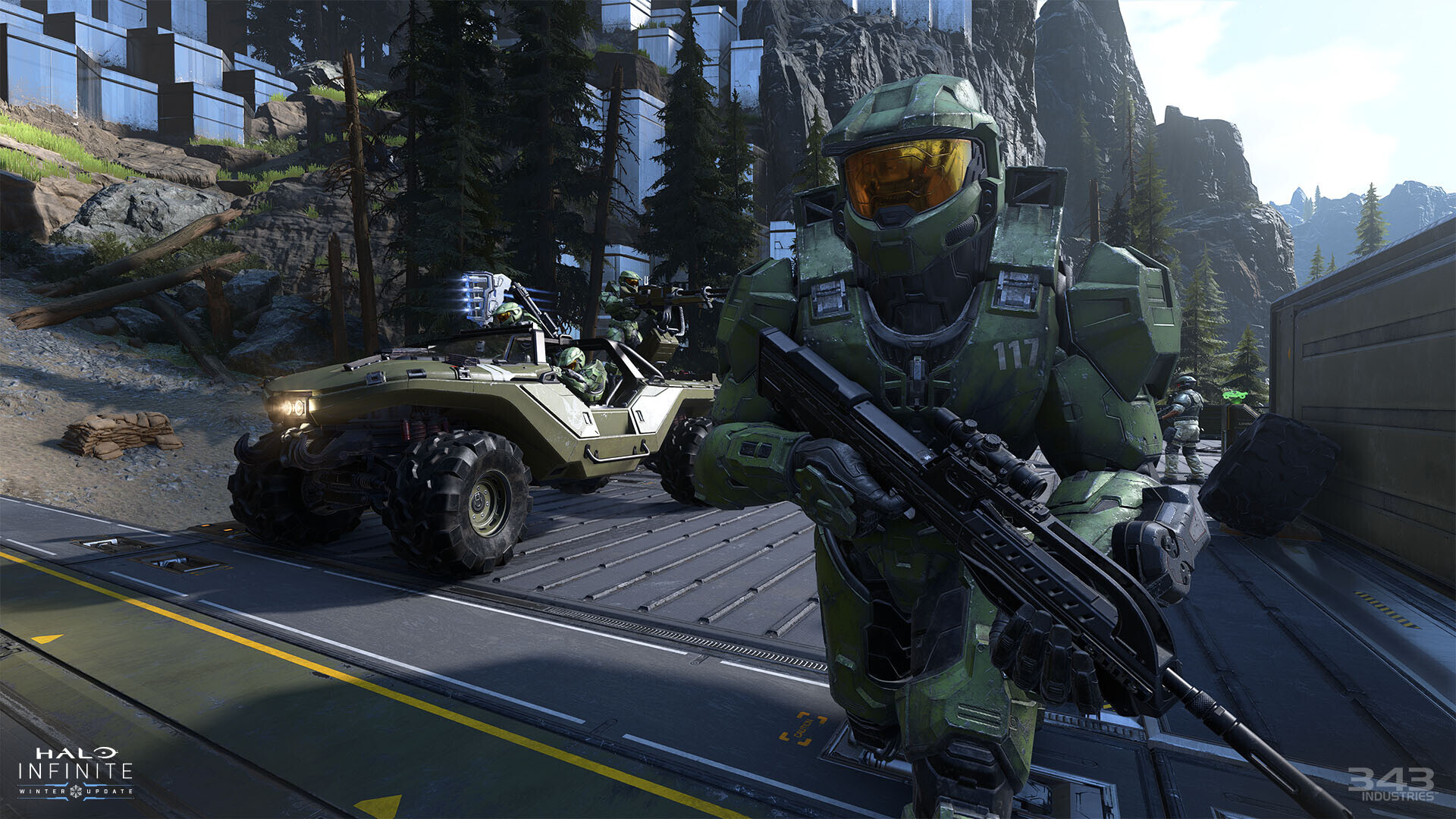
Once upon a time, Halo was the face of modern shooters – now it’s a franchise gasping for the relevance it used to command. The early entries defined multiplayer console gaming, but somewhere along the way, innovation turned into imitation. The campaigns blend together, the online mode feels more nostalgic than new, and Master Chief’s stoic presence doesn’t carry the same weight anymore. Every new release arrives with promises of revival that never quite stick. It’s not bad – just stuck, like a hero who refuses to accept his best days are behind him.
10. Fortnite (2017)
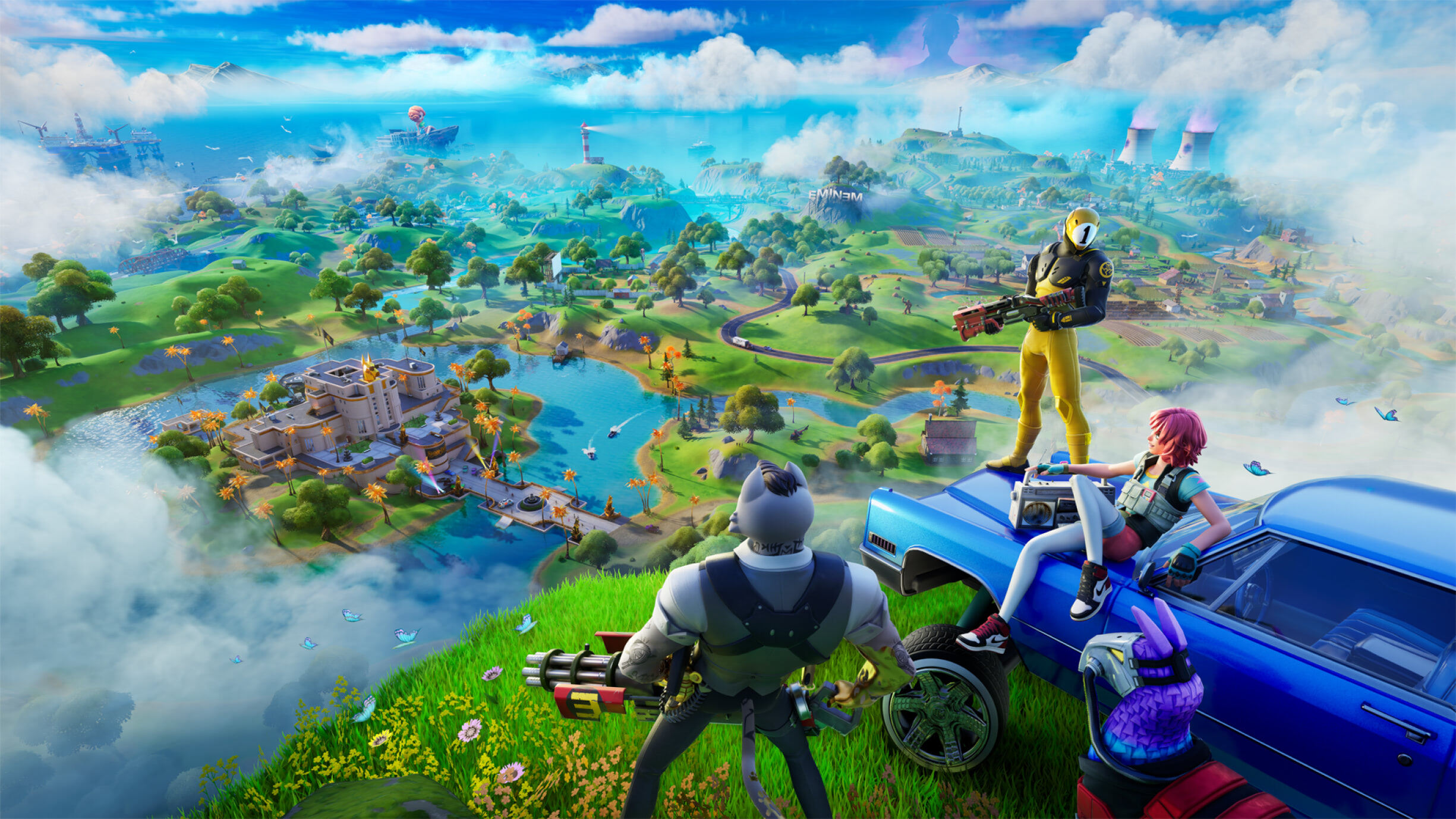
At this point, Fortnite feels less like a video game and more like a digital mall that happens to include a battle royale. It’s loud, colorful, and undeniably polished – but also a relentless advertisement machine disguised as entertainment. What began as a fun, chaotic shooter has turned into an endless crossover circus, where Darth Vader, Ariana Grande, and Spider-Man can all share a dance floor. The novelty wore off years ago, yet the spectacle keeps going, fueled by trends and brand deals. It’s cultural saturation at its finest – and its emptiest.
9. Kingdom Hearts Games (2002–)
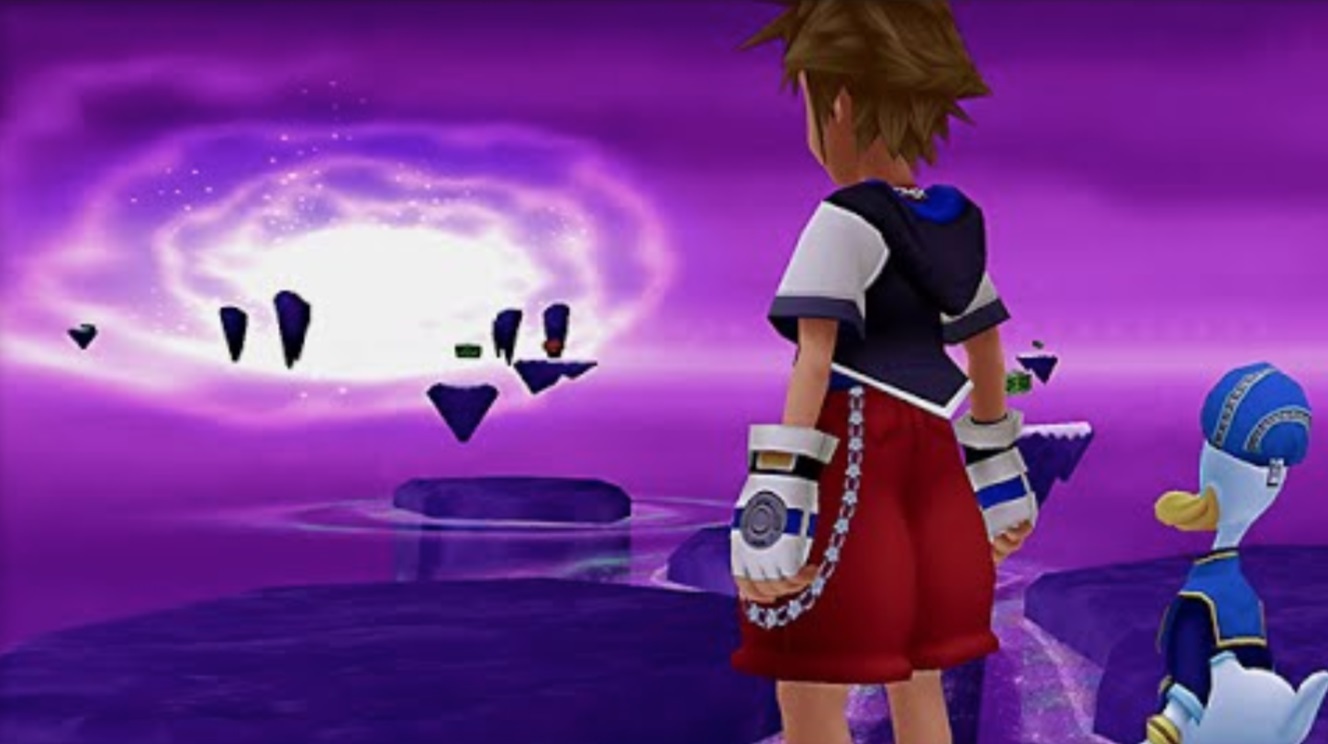
Few series have turned confusion into a lifestyle quite like Kingdom Hearts. The idea – Disney meets Final Fantasy – sounds brilliant on paper, until you realize the plot requires a PhD in nonsense to follow. The storylines splinter across consoles, spin-offs, remasters, and timelines that loop in on themselves like a Möbius strip. Sure, the combat’s fun and the nostalgia runs deep, but the series takes itself so seriously it forgets it’s about a kid fighting with a giant key. Fans defend its madness with religious fervor, but sometimes, chaos isn’t genius – it’s just chaos.
8. Overwatch (2016)
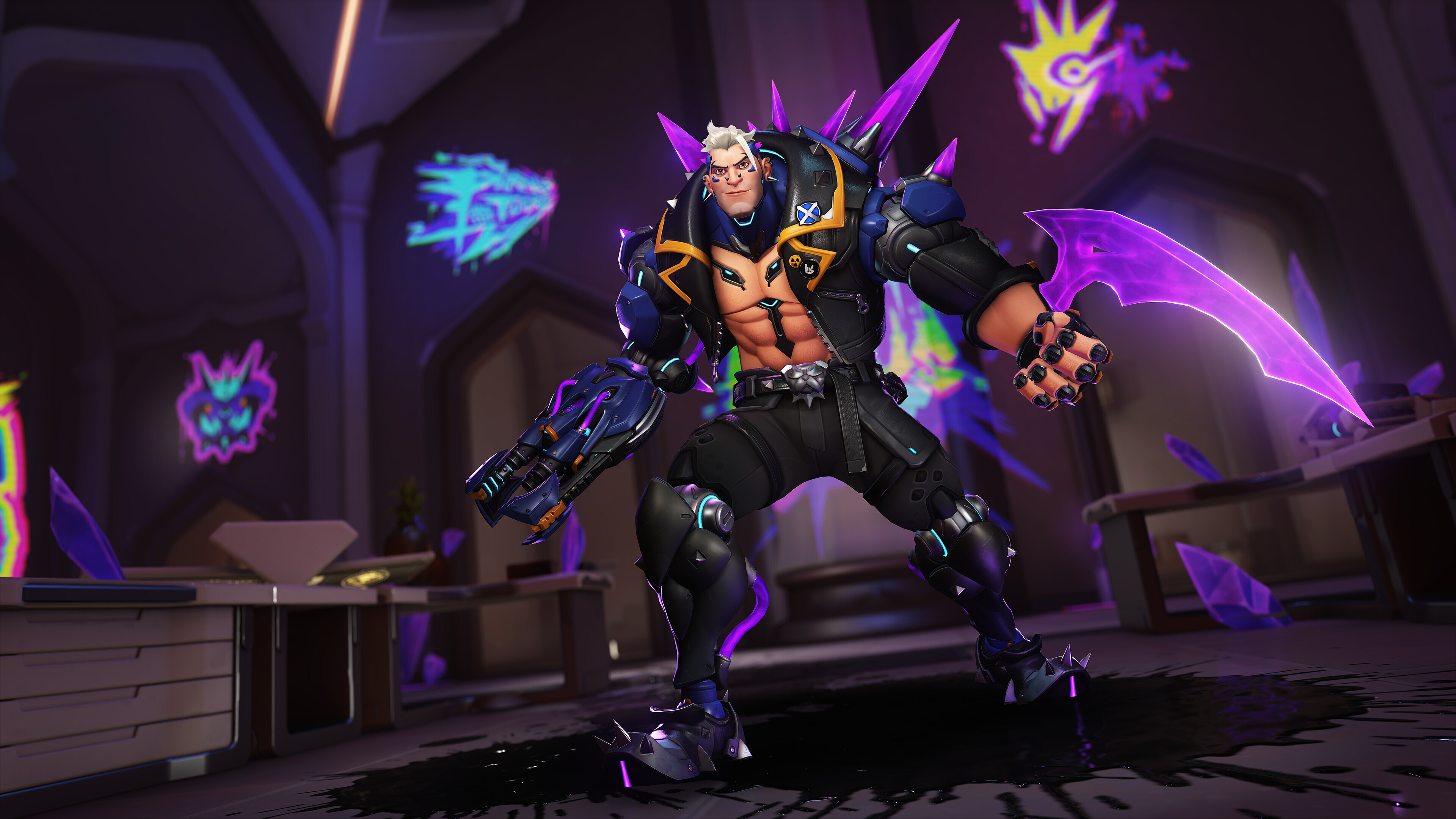
When Overwatch first launched, it was a breath of fresh air – bright, fast, and full of personality. But years later, that same charm has curdled into something far less inspiring. The gameplay hasn’t evolved much, the community feels burned out, and Overwatch 2 somehow managed to make things even more confusing. What was once a hero shooter revolution became a lesson in corporate mismanagement and creative stagnation. It’s still fun in bursts, but the spark that made it special has long since faded. Great characters, wasted potential – that’s the legacy.
7. Life is Strange (2015)
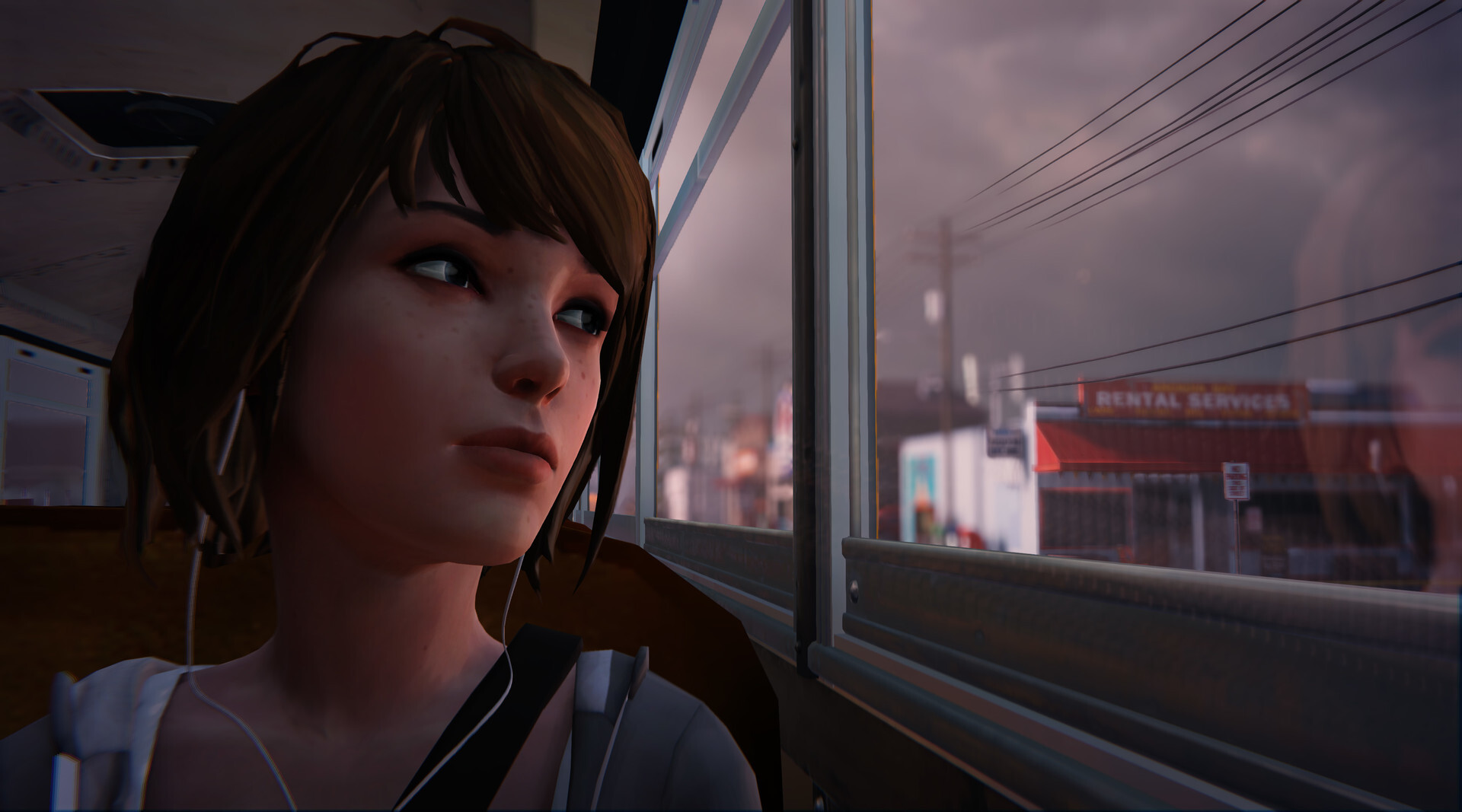
Every teenager with a camera and feelings found themselves in Life is Strange, but revisiting it now feels like reading old Tumblr poetry – earnest, dramatic, and unintentionally funny. The emotional core is there, but the dialogue is so stiff it almost ruins the sincerity it’s aiming for. Its time-rewind mechanic is brilliant, yet the storytelling leans too heavily on forced quirkiness and contrived tragedy. It wants to capture the fragility of growing up, but too often feels like it’s written by someone guessing what teenagers sound like. It’s not bad – just painfully self-aware in all the wrong ways.
6. Pokémon Games (1996–)
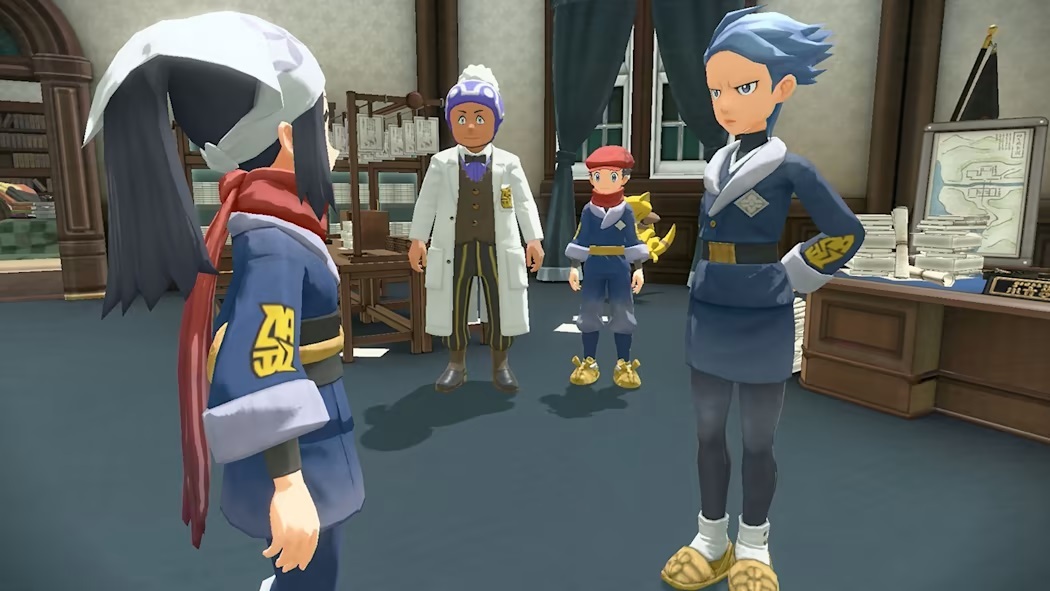
Nostalgia is the most powerful move in Pokémon’s arsenal, and it’s been spamming it for decades. Catching creatures and battling friends will always be fun, but the formula hasn’t truly evolved since the Game Boy days. Each new release promises innovation, yet somehow delivers the same journey with a slightly shinier coat of paint. Even the latest entries stumble under performance issues and recycled ideas. Fans keep hoping for the next big leap, but at this point, it’s clear Game Freak’s just pressing “A” through the same old dialogue. Charm alone can’t hide the stagnation forever.
5. League of Legends (2009)
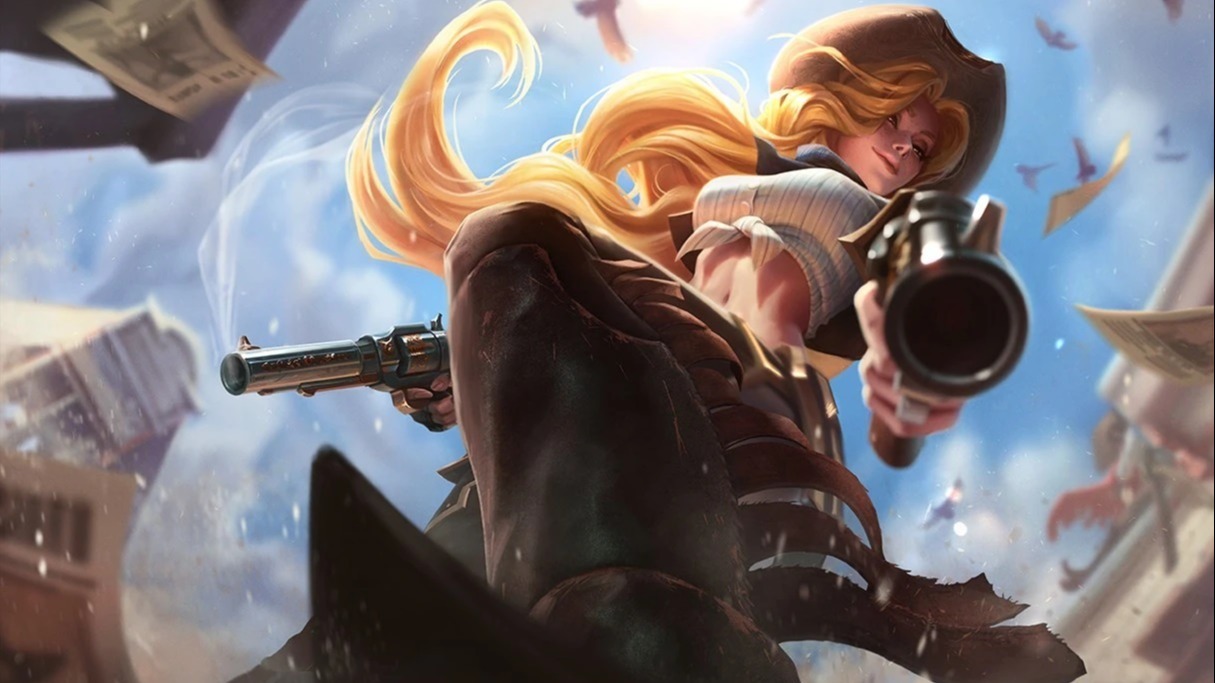
It’s hard to find a game more simultaneously loved and loathed than League of Legends. What began as a clever twist on strategy gaming has mutated into an endurance test for patience and mental health. The mechanics are sharp, the character roster impressive – but none of that matters when every match feels like a descent into verbal chaos. The community is infamous for a reason, and even the developers seem exhausted trying to keep the peace. It’s addictive, yes, but in the same way caffeine or bad decisions are. Few games make victory feel this hollow.
4. World of Warcraft (2004)
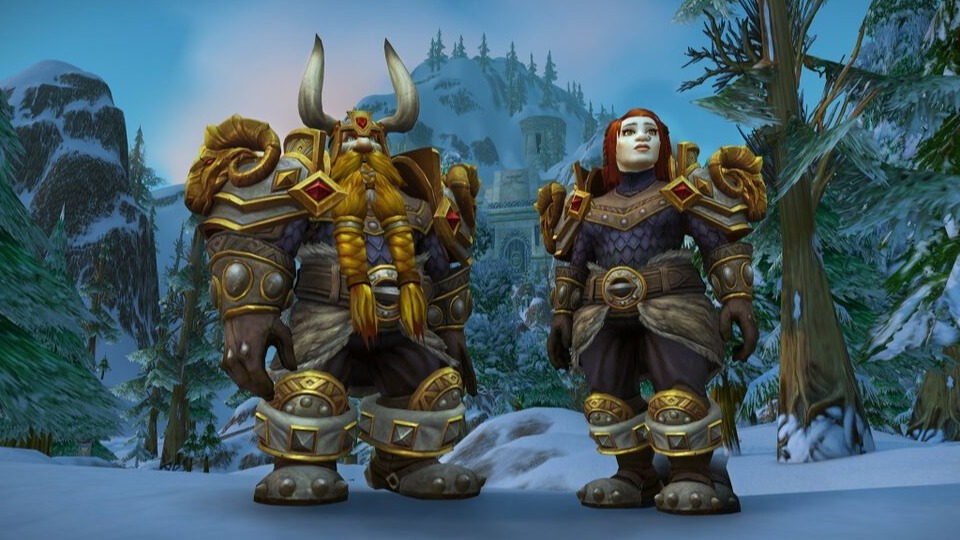
There was a time when World of Warcraft ruled the internet, but even empires eventually fall to repetition. What was once an unparalleled adventure has turned into a checklist of fetch quests wrapped in nostalgia. The world remains vast and full of charm, but the magic faded the moment it became more about grinding than discovery. Expansions promise rebirth, yet each one just piles new systems onto old bones. It’s hard not to respect its legacy – but it’s equally hard to ignore how bloated it’s become. The king of MMOs still reigns, but mostly out of habit.
3. Assassin’s Creed Games (2007–)
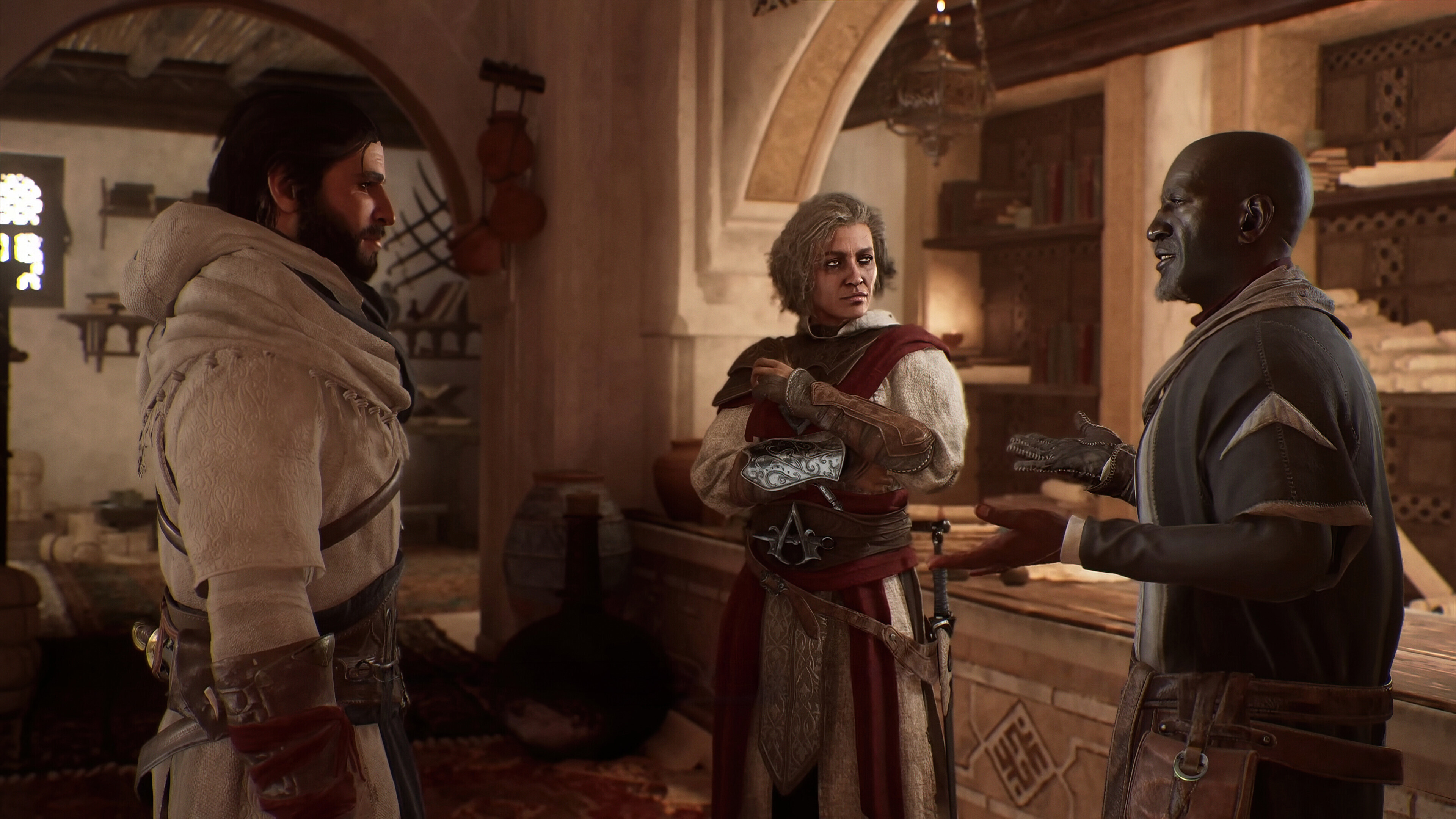
If there’s one franchise that’s mistaken quantity for quality, it’s Assassin’s Creed. What started as a bold mix of history and stealth has turned into an endless parade of side quests and collectables. Every installment swears it’s reinventing the formula, only to deliver more of the same – towers to climb, maps to clear, and stories you forget the moment the credits roll. The historical settings are gorgeous, sure, but it’s hard to feel immersed when you’re checking off objectives like a to-do list. Ubisoft’s biggest problem isn’t ambition – it’s exhaustion.
2. Call of Duty Games (2003–)
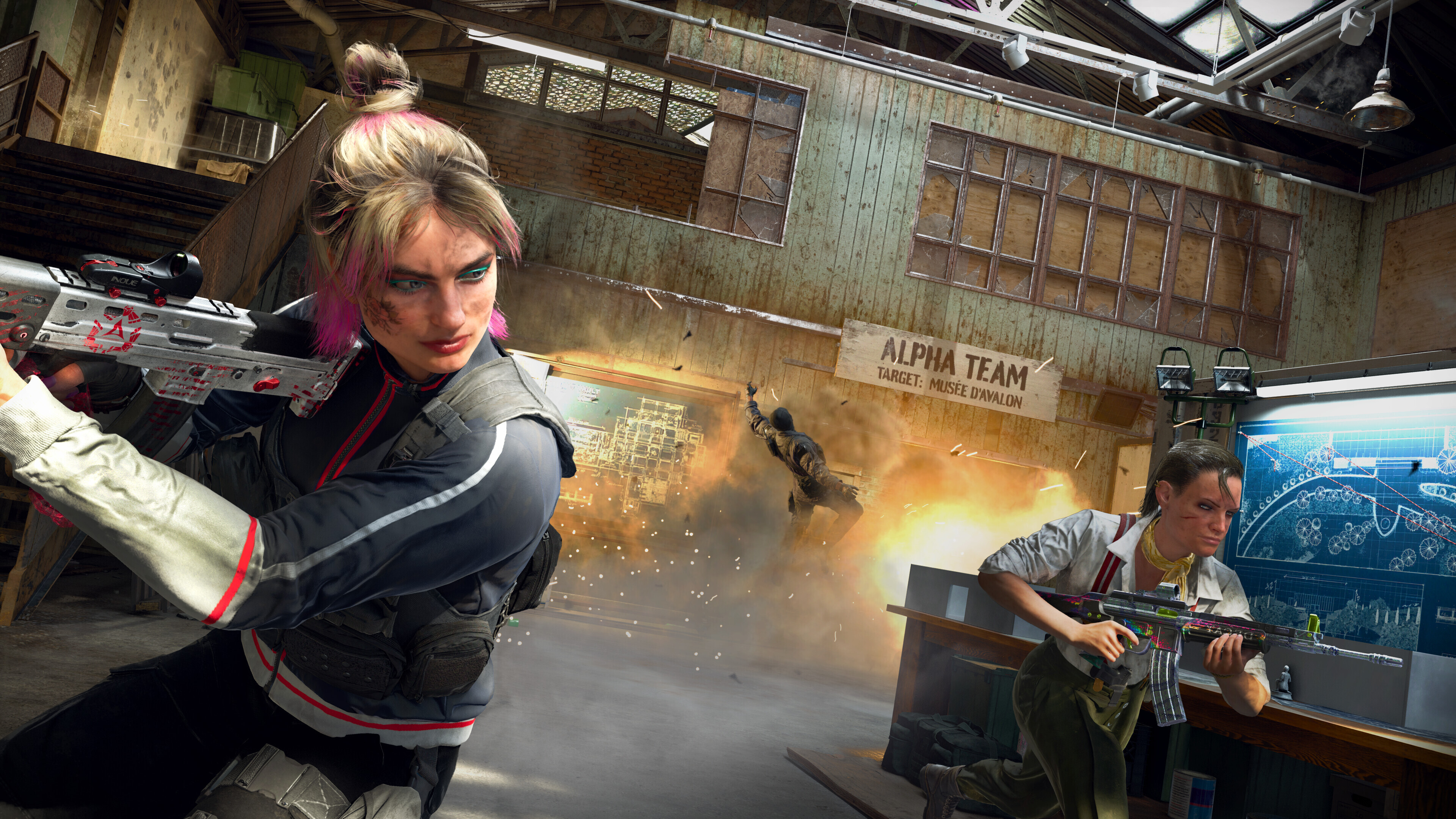
Call of Duty has reached a point where every new release feels like déjà vu with slightly shinier explosions. The campaigns blur together, the multiplayer remains a hamster wheel of chaos, and yet, it keeps selling millions. There’s comfort in familiarity, but at what cost? For all its cinematic flair and bombastic action, the franchise hasn’t truly evolved in years. It’s gaming’s version of fast food – satisfying in short bursts, forgettable afterwards. You know exactly what you’re getting, and that’s precisely the problem.
1. FIFA Games (1993–)
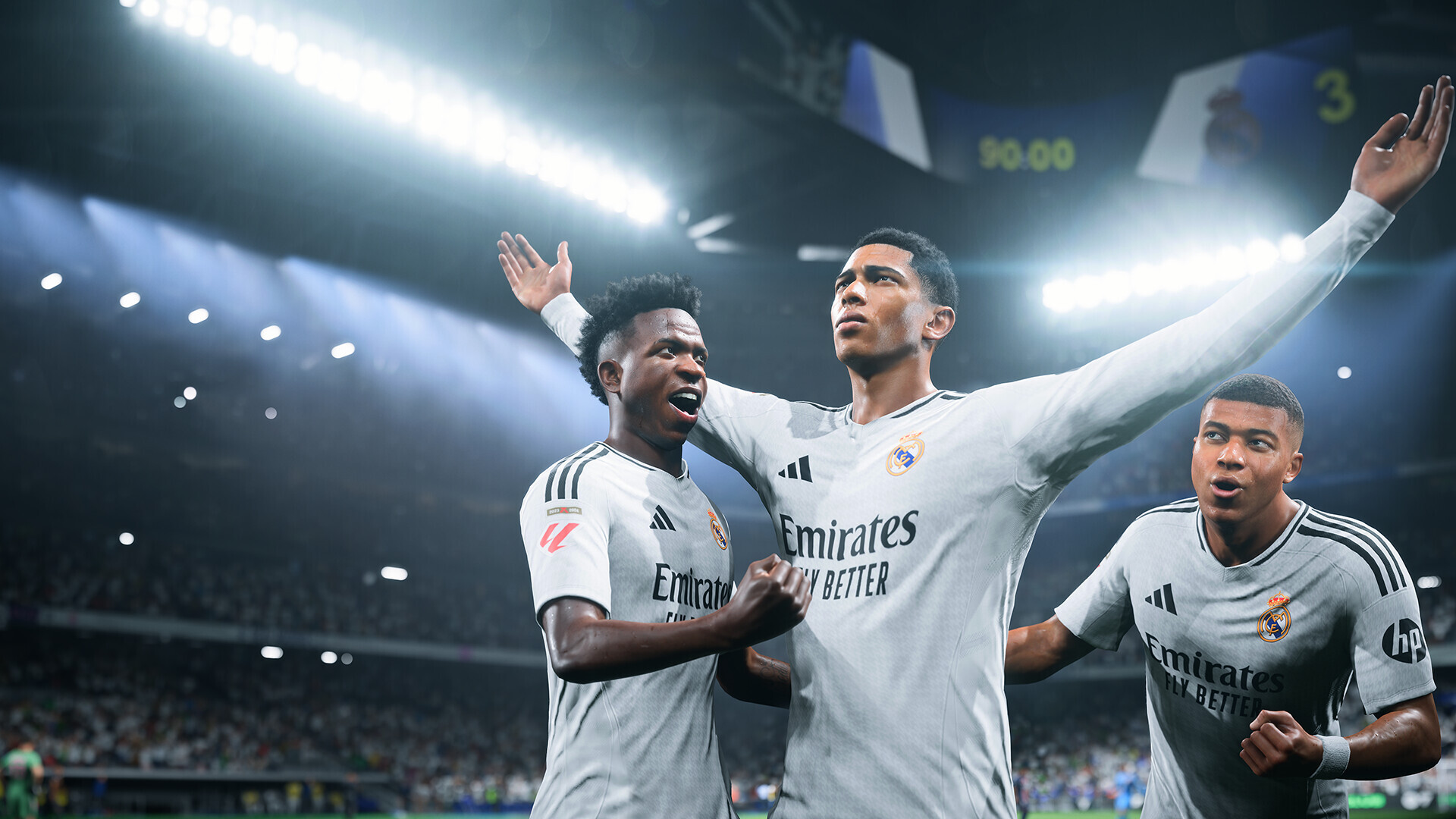
At this stage, FIFA (or EA FC now) isn’t even a video game – it’s an annual ritual. The graphics improve slightly, the menus get a redesign, and the ball physics get a marketing slogan, but it’s the same pitch, the same goals, the same frustrations. Ultimate Team turned football into a slot machine, draining wallets in the name of digital glory. It’s hard to find passion in a product that feels more like maintenance than innovation. Fans defend it because it’s familiar, but that’s exactly why it’s so overrated. A franchise can’t call itself “beautiful” when it stopped playing for fun years ago.


































